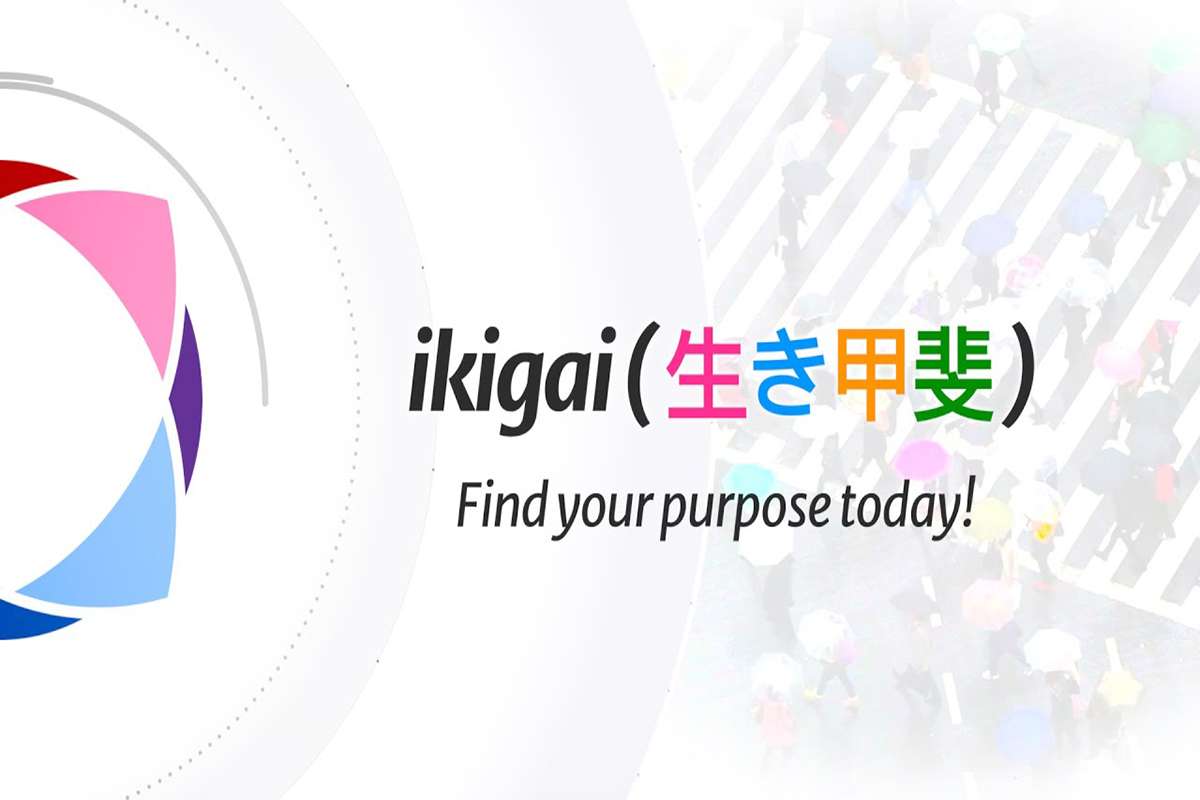- 4 May 2023
- No Comment
- 150
Finding Your Ikigai: How to Discover Your Life’s Purpose and Joy

Have you ever wondered what your life’s purpose is? What makes you get up in the morning and feel excited about the day ahead? What gives you a sense of fulfillment and happiness?
If you are looking for answers to these questions, you might want to learn about a Japanese concept called ikigai. Ikigai (pronounced ee-key-guy) means “a reason for being” or “a reason to live”. It is the intersection of what you love, what you are good at, what the world needs, and what you can be paid for.
In this blog post, we will explore the philosophy of ikigai and how you can find your own ikigai. We will also share some examples of people who have lived according to their ikigai and achieved remarkable success and satisfaction.
What is the philosophy of Ikigai?
Ikigai is not a one-size-fits-all formula or a fixed goal that you can achieve once and for all. It is a dynamic and personal process that requires constant reflection and adjustment. It is also a holistic concept that encompasses not only your career but also your hobbies, relationships, values, and passions.
According to Ken Mogi, a neuroscientist, and author of Awakening Your Ikigai (2018), there are five pillars of ikigai:
– Starting small: focusing on the details and small joys of everyday life
– Releasing yourself: accepting yourself as you are and expressing your feelings
– Harmony and sustainability: finding a balance between your needs and those of others and the environment
– The joy of little things: appreciating the beauty and wonder of simple things
– Being in the here and now: living in the present moment and being mindful of your actions
By following these principles, you can cultivate a sense of ikigai in your life and enjoy its benefits. Some of these benefits include:
– Increased happiness and well-being: studies have shown that having a sense of purpose in life is associated with higher levels of life satisfaction, positive emotions, resilience, and mental health (Kumano, 2017).
– Enhanced creativity and productivity: when you are engaged in activities that match your ikigai, you are more likely to experience flow, a state of optimal concentration and enjoyment that boosts your performance and creativity (Csikszentmihalyi, 1990).
– Longer lifespan: research has suggested that ikigai may be one of the factors that contribute to the longevity of the people of Okinawa, Japan, who have one of the highest life expectancies in the world (Buettner, 2009). Having a reason to live may motivate you to take better care of your health and avoid risky behaviors
How to find your ikigai?
Finding your ikigai is not a quick or easy task. It requires introspection, experimentation, and feedback. Here are some steps that can help you discover your ikigai:
– Identify your passions: what are the things that you love to do, that make you happy, that excite you? Make a list of all the activities that bring you joy and satisfaction.
– Identify your strengths: what are the things that you are good at, that you have skills or talents for, that others compliment you on? Make a list of all the abilities that you have or want to develop.
– Identify your values: what are the things that matter to you, that inspire you, that align with your beliefs? Make a list of all the values that guide your decisions and actions.
– Identify your needs: what are the things that you need to survive, thrive, to grow? Make a list of all the needs that you have or want to fulfill.
– Find the overlap: look at your lists and see where they intersect. What are the common themes or patterns? What are the activities that satisfy all four aspects of ikigai? These are your potential sources of ikigai.
– Test your hypotheses: try out different activities that match your ikigai criteria and see how they make you feel. Do they give you a sense of purpose and joy? Do they challenge you and make you grow? Do they benefit others and the world? Do they provide you with income or resources? Keep experimenting until you find something that feels right for you.
– Review and refine: remember that your ikigai is not static but dynamic. It may change over time as you change.
